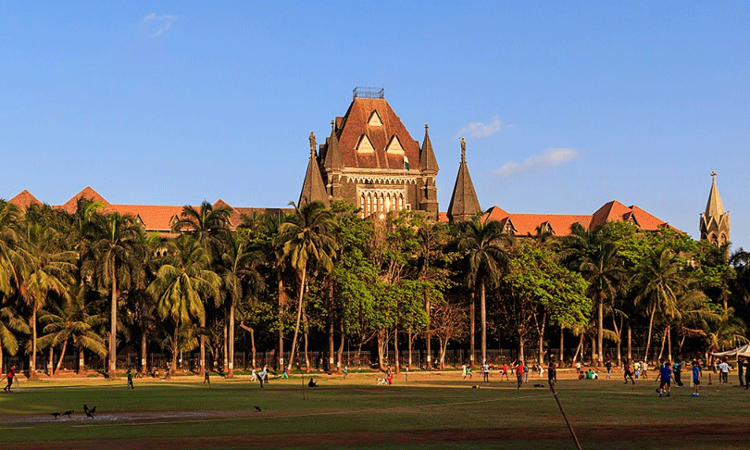Secured Creditors Shall Take Priority Over Government Dues Under SARFAESI Act: Bombay High Court
Mariya Paliwala
3 Sept 2022 8:00 PM IST

Next Story
3 Sept 2022 8:00 PM IST
The Bombay High Court has held that the rights of secured creditors to realise secured debts shall have priority over government dues, including revenues, taxes, cesses, and rates due to the Central Government, State Government, or local authority under the SARFAESI Act.The three judge bench headed by Chief Justice Dipankar Dutta, Justice M.S.Karnik and Justice N.J. Jamadar has...
